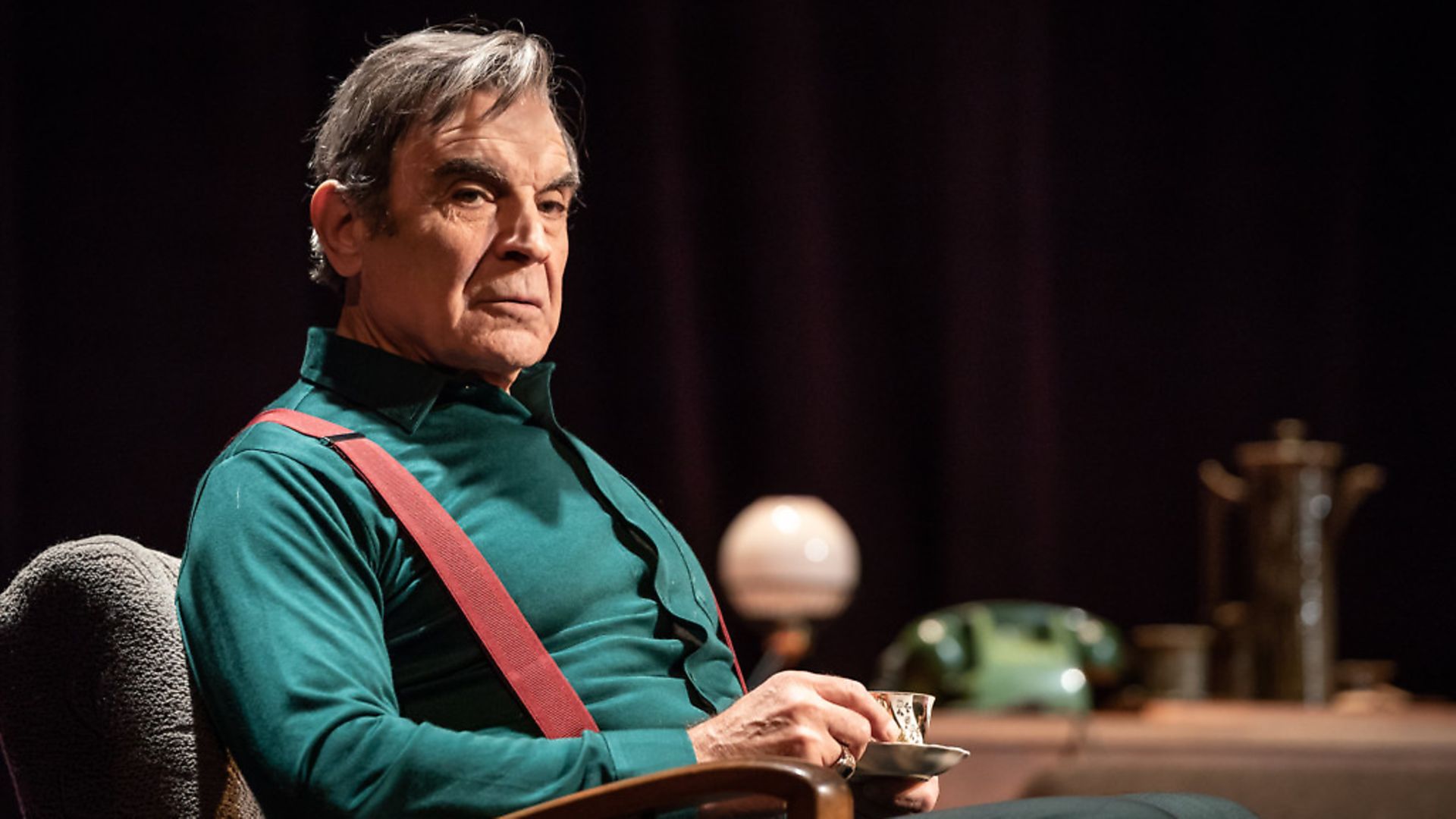
Confession of a theatre critic.
When it comes to Harold Pinter, I feel we critics are party to a conspiracy against the theatre-going public. At some point, one of our number – possibly inebriated – must have knocked off a review saying that there is some point to this man’s plays, that there is more to them than there seems, and that they are, by implication, entertaining.
A precedent was set, and, over the years, I suppose it must simply have become very difficult to challenge it. As a consequence, Pinter is what a certain kind of theatre-goer – masochistic, certainly not someone who goes to watch a play expecting to enjoy it, who actually regards it as something of a chore – regards as a Serious Playwright.
Death has now silenced Pinter for a decade – even by his standards, a record-breaking pause – and the director Jamie Lloyd is marking the anniversary with a six-month season of his work at the theatre that bears his name. He has kicked it off with a double-bill of two short early 1960s Pinters, The Lover and The Collection, which Lloyd directs himself.
The former is what must at the time it was first performed have been seen as a daring piece about a couple named Richard and Sarah, who, in the opening moments, appear to be prototype swingers. Richard, heading off to work, casually asks his wife if her lover will be visiting in his absence. He will, she answers, shamelessly. It soon emerges that Richard often doesn’t go to work, but goes instead to the residence of a woman he calls his ‘whore’.
Only it all turns out to be no more than role-playing and neither really has anyone else in their lives and this is just a way to ease the monotony of a marriage that’s clearly turned stale. John Macmillan and Hayley Squires play the couple very adroitly – I loved the mannered voices and movements – but, for all that, it is hard not to get a sense of a rather feeble joke stretched to the absolute limit and beyond.
The Collection is another examination of human relationships, something Pinter himself was not always brilliant at in his own life, but would often draw upon as source material. Macmillan this time plays James, a married man who tracks down Bill (a gym-fit Russell Tovey), whom he suspects of having had a fling with this wife Stella (Squires, again). The scene stealer in this piece – and, for my money, the best thing about this entire preposterous double bill – is David Suchet, who plays Harry, with whom Bill lodges, as a deliciously camp old man in a wig (which he casually dispenses with in the play’s final moments). I don’t know what it is about Suchet, but I could find him compelling declaiming large chunks of the London telephone directory. Indeed, he could find a belly laugh in a funeral eulogy.
It all amounts, of course, to no more than a hill of beans, but the actors do clearly have a lot of fun. Pinter himself started off as an actor and I get the impression he wrote very much for actors rather than audiences, which is fine, but it means that there is never going to be a lot in it for thee and me.









